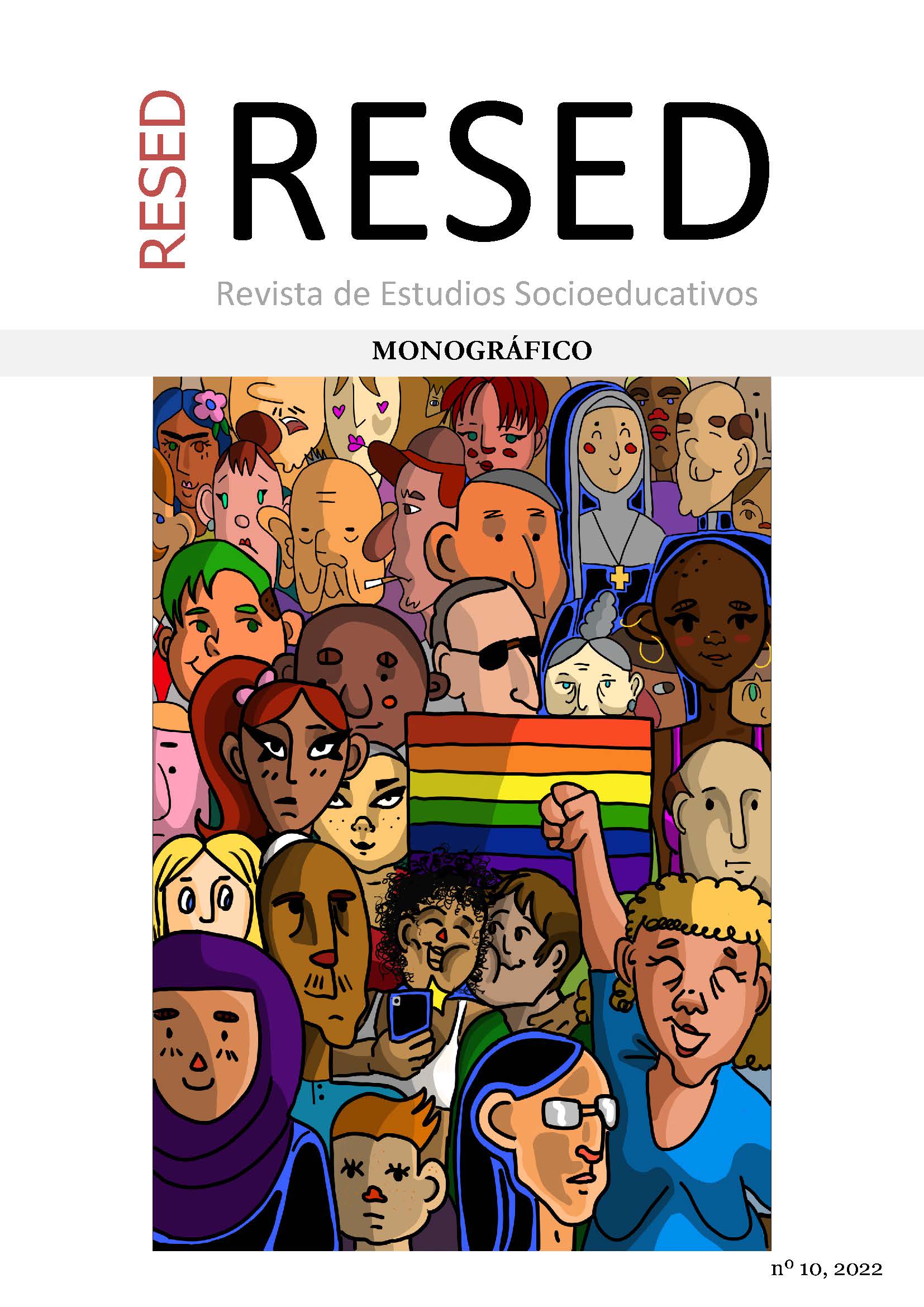An approach to feminisms located in the margins. Their social and political proposals from digital activism

DOI
https://doi.org/10.25267/Rev_estud_socioeducativos.2022.i10.21Info
Abstract
Technology is undoubtedly part of our lives, and the pandemic caused by COVID-19 has accelerated the so-called digital transition, causing changes in all social, economic, and political structures. One element that has followed this trend has been activism, which, although it was already taking place in the digital realm, has enhanced its transformation. Because of the globalization and digitization of the world, societies are becoming increasingly plural, diverse, and heterogeneous. Following the principles of the Culture of Peace, it is necessary to welcome and work by, for, and with such diversity; to analyze the mechanisms through which such diversity is, according to certain circumstances, in conditions of inequality and to investigate the strategies of response to such inequalities. Thus, this research proposes to analyze (e)activism as a form of political participation focusing on the case of the feminist struggle from the perspective of several feminist women "from the margins" (Suárez and Hernández, 2008) and having as objectives to analyze the (e)activism of these feminisms in Spain, their social and political proposals and the role played by the digital in its dissemination. To respond to these objectives and considering the nature of the object of study, a digital ethnography is proposed as a methodology, integrating bibliographic analysis, virtual non-participant observation, and online interviews. Finally, the results of this study indicate that the discourses of the interviewees point to the importance of recognizing cultural otherness, and that it is necessary not so much to integrate diversity as to decolonize society and its individuals. As feminists, they are committed to the visibility of gender-specific issues from an intersectional approach. As (e)activists, they transform these demands into content and share them through online media, without ignoring the importance of offline activism, transmitting their speeches publicly, promoting solidarity ties, using art as a tool, and raising awareness in Spanish society.
Keywords
Downloads
How to Cite
License

This work is licensed under a Creative Commons Attribution-NonCommercial 4.0 International License.
References
Carrasco-Polaino, R., Villar-Cirujano, E., & Martín-Cárdaba, M. (2018). Artivismo y ONG: Relación entre imagen y «engagement» en Instagram. Revista Comunicar, XXVI(57), 29–38. Recuperado de: https://doi.org/10.3916/C57-2018-03
Suárez Navaz, L., & Hernández Castillo, R. A. (2008). Descolonizando el Feminismo: Teorías y Prácticas desde los Márgenes. Cátedra Editores.
Umpierrez De Reguero, S., & Dávila, P. (2016). Entrevistando por sitios de redes sociales : explorando sus beneficios y limitaciones con el caso de la representación política de los malienses residentes en el exterior en Internations. Investigaciones Cualitativas en Ciencias Sociales. 3, 707–714.






